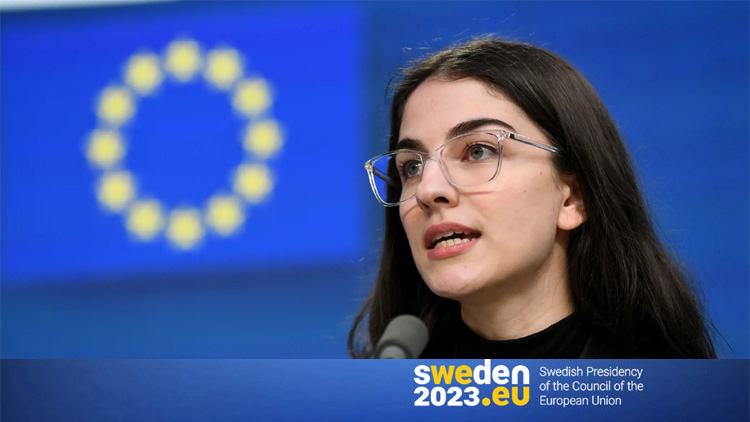Council agrees on stronger rules to tackle industrial pollution at the source
On 16 March, EU Environment Council reached a general approach on a proposal to review the Industrial Emissions Directive (IED).
The new rules will enhance efforts to reduce pollution in line with the European Green Deal to reach a zero-pollution, competitive, climate-neutral economy by 2050.
The IED is the main EU instrument regulating pollution from industrial installations and large intensive livestock farms. The new rules will ensure better protection of human health and the environment by reducing harmful emissions from industrial installations and intensive livestock farms into the air, water and through waste discharges. Mining activities will also be incorporated into the scope of the IED.
Romina Pourmokhtari, Swedish Minister for Climate and the Environment:
“The Swedish Presidency has worked intensely to reach an agreement on this file, and the result strikes a good balance between different interests. It achieves a high level of environmental protection, while ensuring a level playing field. This will set pollution limits at more effective levels and give clear guidance to the industry and large livestock farms to make the right investments so that their pollution is effectively reduced.”
Other topics on the agenda
Ministers held three policy debates during the meeting: the first was on the proposal for an EU certification framework for carbon removals; the second was on the revised legislation for packaging and packaging waste; and the third was on the revision of the Urban Waste Water Treatment Directive.
Member States welcomed the aim of the proposal to set up an EU certification framework for carbon removals but were in agreement that further discussions will be needed. Most Member States also stressed that the focus of EU climate policy should remain on efforts to reduce emissions and decarbonise the European economy.
The proposed revision of EU legislation on packaging and packaging waste aims for stricter rules on prevention, reduction and recycling of packaging and packaging waste. The ministers were invited to share their views on the most important measures to reduce packaging waste and foster innovative solutions in the EU.
The ministers also held a debate on a proposal to revise the Urban Waste Water Treatment Directive. This Directive aims to reduce pollutants in rivers, lakes, groundwaters and seas by improving waste water treatment, while introducing the ‘polluter pays’ principle, energy neutrality targets and better management of nutrients. Member States welcomed the revision, as it aims to provide concrete means to better protect the health of European citizens and the environment.
The ministers also exchanged their views on ‘Greening the European Semester’. The Presidency will incorporate the key messages in the joint synthesis report for the March European Council.

